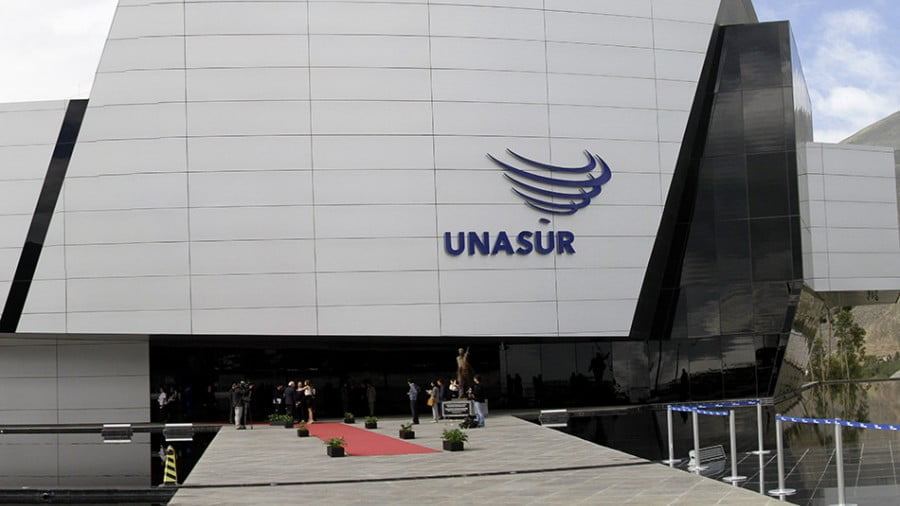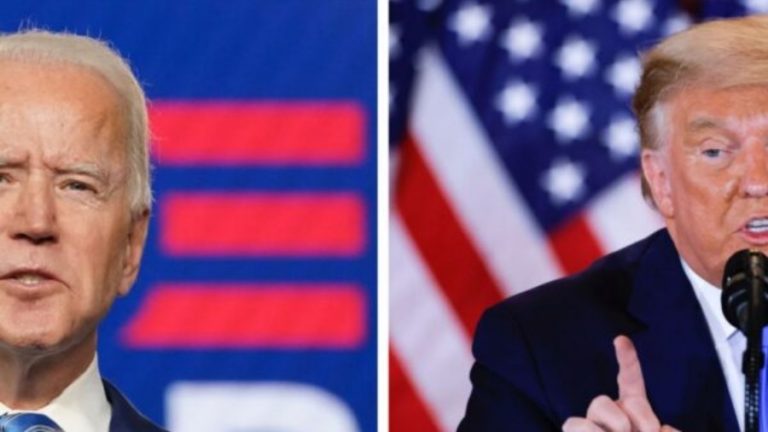Will RussiaGate Result in Social Media Regulation?
Whether preplanned or inadvertent, one of the most likely and far-reaching consequences of the fake news RussiaGate scandal is that Facebook and other social media giants might soon come under strict regulation by the state.
The artificially contrived and “deep state”-driven RussiaGate scandal has been inflated to epic proportions and has already resulted in the unexpected suicide of the US’ soft power, but this never-ending conspiracy theory is now poised to affect the rest of the world in a completely different way due to the likely “regulation” that Washington might soon impose on social media giants like Facebook. “Traditional” media has long been clamoring for the American government to do something about the astronomical rise of social media, which has poached millions upon millions of people away from newspapers and TV stations and redirected them to their smartphones instead. From the perspective of social media and many of its users, however, these people weren’t “poached”, but liberated from their prior status as a captive audience to conventional influence techniques and allowed to roam freely in cyberspace as they searched for alternative non-mainstream interpretations of current and past events.
The rise of social media coincided with that of Russia’s publicly funded RT and Sputnik media outlets, whose reporting and analyses soon went viral all over the internet because they satisfied the crucial information desire that so many people were craving for years. Their explosive popularity led to them gaining a sizeable following among Western audiences, who voluntarily shared their content online and contributed to what Facebook describes as “organic growth”, or the natural trending of non-advertised posts. While posing a challenge to Establishment narratives all across the world, neither RT nor Sputnik were seriously viewed as “threat” by the US and its allies because they had yet to be blamed for affecting any real-life change outside of the internet “matrix” of clicks, likes, and shares.
That all changed during the 2016 US election, however, since the Mainstream Media’s monopoly on information was wielded in such a blatantly and obviously biased nature against Trump that countless Americans began countenancing what would have previously been unthinkable to many of them just a year prior, and that’s trawling foreign-based media outlets in order to get a more accurate sense of the truth that their own country’s media barons were suppressing. This certainly says a lot about the deep distrust that was already prevalent among many Americans towards their own government, but it hit its climax the more that the Mainstream Media began concocting openly fraudulent “news” stories about Trump in a bid to derail his candidacy, with this effort becoming unquestionably clear when compared with the flowery coverage given to anything that Clinton said or did. As is now known, Americans rebelled against the Establishment by voting Trump into office, and the “deep state” was left scratching its head about how this could happen.
The author explained the domestic dynamics at play in his November 2016 article right after the election titled “Dear Foreign Friends, Here’s Why Trump Won (From A Clevelander)”, but the general idea is that the Democrats’ weaponization of identity politics miserably backfired as Americans sought out a radical solution to bring balance to their “deep state”-destabilized country. Nevertheless, the Establishment couldn’t bring itself to recognize the obvious, take the loss, and move on to fight another battle later on, hence why they decided to continue pressing the cringe-inducingly ridiculous narrative that “Russian trolls” somehow swayed the election due to their social media activity, and hinting that there might even be a whiff of outright collusion between Presidents Trump and Putin in organizing this movie-like conspiracy.
This narrative is convenient for many geopolitical reasons that are outside the scope of this analysis, but the domestic benefit that was expected to be derived from this storyline is that “traditional” media and the Establishment finally had the pretext that they were looking for to “regulate” social media. Bringing Facebook, YouTube, Twitter, and others into compliance with already existing American laws about revealing the source of election-related advertisements is one thing, but pressing these platforms to restrict the activity of Russian publicly financed media outlets like RT and Sputnik, as well as speculatively “shadow banning” some of their staff and supporters, is a bridge too far into dystopia, as is doing so on the US governments’ double-standard FARA witch hunt which alleges that the two are “foreign agents”. As a result, it appears as though the “good ‘ole days” of “freewheeling” across Facebook and sharing whatever content one finds enjoyable is soon coming to an end as Washington begins to “regulate” social media on the basis of “safeguarding democracy”.
Of course, the real reason is that some vested power interests also have a stake in supporting their decades-long allies in the “traditional” media against their new social media rivals, to say nothing of the self-evident imperative in suppressing non-mainstream news and analyses through the US’ War on Russian Media. The forthcoming “regulation” might even go further than what’s presently being observed, as there’s a chance that Washington could seek to label social media platform like Facebook as being “media companies” in their own right, which would then instantly force them to comply with the existing legislation that their “traditional” media counterparts have had to contend with for years. In a sense, this would “level the playing field” between “traditional” and social media, but it could also destroy the very essence of social media itself. Not only that, but if the US comes to consider Facebook and Google as “monopolies”, then they could be broken up and “regulated” even further.
What’s terribly ironic about all of this is that the US government’s international stance has always been in favor of “internet freedoms”, routinely attacking Russia, China, and Iran for implementing national security-based legislation aimed at thwarting the risk that Color Revolutions and Hybrid Wars could dangerously recruit across social media, but now all of a sudden “the land of the free” is doing the same thing as the countries that it regularly smears as “dictatorships”, though without any convincing reason and depending solely on a trumped-up fake news conspiracy theory. As is typical, the ruling Establishment and their “deep state” supporters condescendingly believe that their true intentions are invisible to the naked eye because of their presumption that the populace is stupid and politically unaware, though the very fact that their “perfect candidate” was defeated by a “dark horse” like Trump totally disproves this notion.
The reality is that most Americans, and the rest of the world at large, see the US government’s “regulation” of social media for what it actually is, and that’s a dictatorial power grab which crushes any remaining doubt that “the land of the free” is anything but, and that the “freedom of speech” is only allowed if one is either supporting the Establishment or behaving as its “controlled opposition”. The number one thing that “American Democracy” can’t accept is the free flow of information and interpretations that challenge the prevailing state-supported narrative, which in and of itself negates the very basis of what the world always thought that “American Democracy” was supposed to be about, and this powerful revelation proves that the US government’s accusations that its geopolitical rivals are “authoritarian” was never anything more than a psychological projection of its own self.
By Andrew Korybko
Source: Oriental Review







